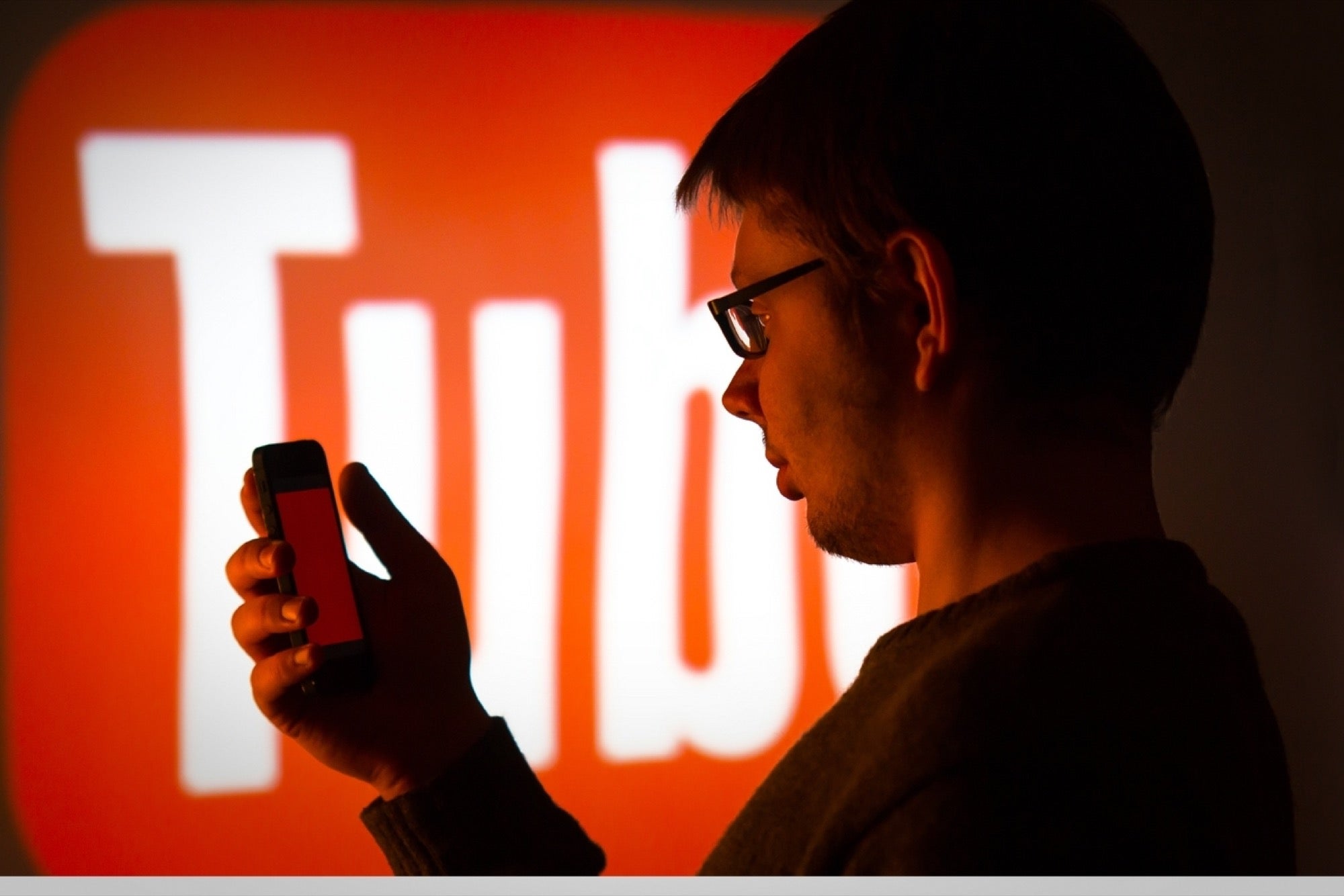9 Startling Market Statistics You Need to Know The Internet is most fluid marketplace ever. Here's what you need to know to adapt.
By Firas Kittaneh •

Opinions expressed by Entrepreneur contributors are their own.

Marketing is all about adapting to constantly changing technologies, strategies and norms. A great deal of creativity, skill and knowledge is required to navigate these murky waters and come out on the other side with fresh ideas to jumpstart marketing practices.
To inspire innovation and disrupt your current schemas of understanding, check out these nine surprising statistics. This will change how you think about marketing.
1. 68 percent of marketers plan to increase digital video ads.
Start saying goodbye to traditional ways of advertising. Sherrill Mane, Senior Vice President, Research, Analytics, and Measurement at the Interactive Advertising Bureau, said, "Brand advertisers and media buyers have been dramatically increasing their commitment to digital video, so all signs point up for this captivating form of storytelling."
According to a study by Advertiser Perceptions, the majority of marketers and agency executives are planning to increase their digital video ad spend while decreasing or keeping their broadcast and TV ad budgets the same in the next year. This compelling statistic suggests that as popularity for online-exclusive content increases, those companies on the cutting-edge of marketing should meet their consumers' needs accordingly by shifting focus away from TV, magazine and billboard ads.
2. Teens favor YouTube celebrities over TV, movie and music stars.
When we think of celebrities, we might first think of Jennifer Lawrence, Brad Pit and Beyonce but YouTube stars beat out mainstream celebrities in terms of influence and popularity among American teens. A survey conducted by Variety shows that the top 5 most influential figures among American teens aged 13-18 all rose to fame via YouTube.
One way brands have leveraged YouTube celebs for marketing purposes is through partnerships and sponsorships. Services like Grapevine exist to help companies collaborate with popular YouTubers and thus increase visibility, reach, and sales.
Related: How This Digital Agency Is Cashing In on a New Kind of Celebrity Endorsement
3. Sales pros adept at social selling are 6X more likely to surpass sales goal.
Sales training has remained pretty much the same for decades. But with the advent of social media, consumer behavior has completely changed, and so too should your approach to sales. Kitedesk researchers have found that sales professionals trained in social selling performed above and beyond those with minimal or no social media skills.
Social selling refers to the technique where salespeople interact with their customers via social media by answering questions and providing valuable content. Notably, social selling is considered less intrusive than cold calling and other traditional methods of advertising and sales. Social selling courses and tutorials are all over the web and can dramatically impact your approach to lead generation, nurturing, and conversion.
4. Global brands spend 45-75 percent of their social media time on Facebook.
Despite the fact that teens are running away from Facebook because their parents are now on it, a study conducted by Quintly shows that global brands still favor Facebook as the social media platform of choice. Furthermore, Facebook provides a number of advantages for marketers, such as highly targeted audiences at scale, promoting quality content rather than clickbait and overtly promotional ads, and integrating ads to create enhanced user experiences.
While you still want to diversify your spread in case your audience lives on other social platforms such as Instagram or Twitter, Facebook should not be left in the dust.
5. 22 percent of CEOs Use LinkedIn, zero percent use Facebook or Google+.
If you want to rub elbows with other CEOs, LinkedIn and Twitter look like your best bets. In a study by Weber Shandwick on the habits of CEOs, 22 percent of the sample reported using LinkedIn, while 10 percent favored Twitter. By comparison, none of the CEOs surveyed used Facebook or Google+.
Deciding which social network to invest time and energy into ultimately depends on where your audience is. If your customers are mostly Facebook or Google+, then by all means build your network on those platforms. But if your customers are elsewhere, engage with them accordingly.
Related: How I Manage a Social-Media Platform of More Than 11 Million Followers Every Day
6. Nearly 80 percent of marketers deliver personalized experiences via email.
Even 30 years after its creation, email is still where it's at when it comes to personalized marketing. VentureBeat found that nearly 80 percent of marketers utilize email to deliver messages and experiences that are individualized to each user.
Simply put, collecting user data associated with unique email addresses allows marketers to get to know their customers through their searches, downloads, product purchases and more. Importantly, this vital information can then be linked to experiences and ads via email that can catch the attention of your customers and strongly influence their behavior.
7. Ads by top brands found on a third of major piracy sites.
In the search for new, creative and unlikely places to advertise, piracy sites should certainly not be on your list of places to consider. Advertising on sites promoting content theft can not only decrease your company's credibility and legitimacy but also damage your customers' faith and loyalty in the brand.
In a report by Digital Citizens Alliance and Medialink, ads by premium brands appeared on 32.3 percent of large piracy sites, up from 28.9 percent last year. Piracy sites are breeding grounds for viruses and malware that damage computers and thus wreak havoc on your customers' lives. Not to mention, these sites are also responsible for millions of dollars in lost revenue for the entertainment industry.
Supporting these sites perpetuates illegal content theft and makes your company appear untrustworthy. Instead, take the honest route and only advertise on legitimate sites.
8. 3,000 Brands and millions of users victimized by ad injection.
Ad injectors are those pesky programs disguised as browser extensions and toolbars that maliciously steal user information and place ads on browser windows. Victimized advertisers end up paying for traffic they didn't plan on purchasing.
Google found over 50,000 browser extensions and 34,000 software applications associated with ad injection. To prevent the nefarious effects of ad injectors, educate yourself on the Google Platforms program policies and the DoubleClick Ad Exchange Seller Program Guidelines, and advise your customers to take necessary precautions regarding installing antiviruses and browsing safely.
9. Millennials most trusting about personal information is safe online.
As digital natives, millennials have a reputation for being too distrustful about the safety of content they produce online. However, according to a recent Gallup poll, that stereotype is completely false. More millennials -- 44 percent -- believe that businesses keep personal information private all of the time, compared to 32 percent of Gen X'ers and baby boomers and 29 percent of traditionalists.
Marketers can do their due diligence by honestly disclosing information about where personal information is going and how it is going to be used to put users from older generations at ease and scaffold safe web browsing practices for millennials, thus increasing your brand trust and loyalty.
Related: Is PPC or SEO Better for Driving Traffic to Your Website?











